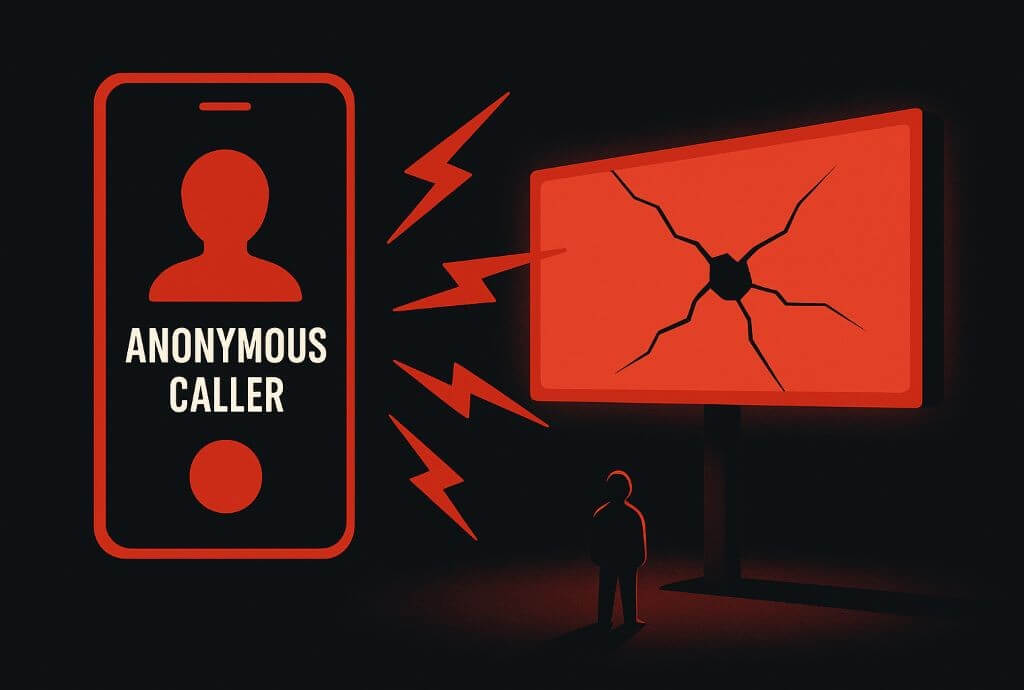Summarised by Centrist
A new AI-powered adaptive deep brain stimulation (aDBS) device has shown promising results in reducing Parkinson’s symptoms by 50%.
Researchers from the University of California, San Francisco, have developed a personalised version of deep brain stimulation (DBS) that uses AI to adjust stimulation intensity in real-time, addressing the most bothersome Parkinson’s symptoms.
“Adaptive DBS reduced the time spent with bothersome motor symptoms by half compared to conventional DBS and improved patients’ quality of life,” said Dr Stephanie Cernera, co-first author of the study.
This approach monitors brain signals and adjusts treatment dynamically. This appears to provide more effective symptom control compared to the constant stimulation used in traditional DBS.
Experts like Dr Jean-Philippe Langevin states that the “ground-breaking” approach of adaptive DBS not only improves symptom management but also extends the life of the device’s battery by delivering stimulation only when needed.
The success of this small trial paves the way for larger studies and potential widespread adoption of adaptive DBS.



















